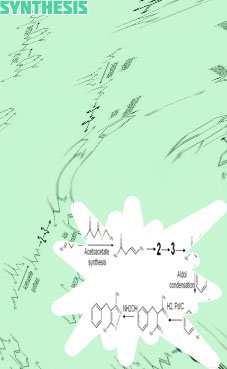As Founder & Managing Director of Ambassador Technologies, Richard provides strategic leadership and support for all clients.
- Science stem activities for preschool
- Good science fair projects for 5th graders
- Science fair volcano
- Skittles science fair project
- Easy science fair projects
- What is stem science
- Engineering science fair projects
- Science projects for class 8
- Science project technology and toy
- Steam science projects
- What is a stem professional
- 100 science words with meaning
- Science project online
- Science and technology
- The academy of motion picture arts and sciences
- Material definition science
- Wind energy science projects for students
- Steam lesson ideas
- Science fair projects
- Life science science fair projects
- Why science is important for students
- Symbol meaning in science
- Science stem activities for kindergarten
- Earth science for stem
- Science project board
- Define biology in science
- Stem activities for 2 year olds
- Good science fair projects for 7th graders
- Bio science meaning
- Valentine stem activities
- Physics science fair projects
- Scientist definition
- Science and engineering
- Preschool science fair projects
- Easy stem projects
- Autumn stem activities
- Anatomy science fair projects
- Best science fair projects for 1st graders
- Best chemistry science fair projects
- Actuarial science course
- Stem life science
- Good science fair projects
- Windmill stem project
Ambassador Technologies
Cross-Border Business Development Services for Innovative Organizations
Synthetic chemistry

We have 160 Synthetic Chemistry PhD Projects, Programmes & Scholarships PhD Projects, Programmes & Scholarships
Students will be able to find and analyze information to describe that chemical processes are used to convert natural resources into synthetic materials and products. They will also be able to give examples of how the production of synthetic products has impacts, both positive and negative, for society. Synthesis meaning chemistry Our lab equipment allows us to perform syntheses from gram to hundreds of grams, depending on the reactions involved. We certify the quality of our R&D products thanks to our internal analytical service, which allows us to validate their chemical structure and purity, determine their molecular weight and polymolecularity, and if needed evaluate their thermal properties and other physicochemical characteristics (viscosity, density, etc.). All these information are detailed in the Technical Data Sheets (TDS) which we provide together with the samples, and sometimes in a research report which describes the syntheses and characterizations performed during the study.
Define synthesis in chemistry
Because the smell was completely synthetic, though, researchers could mess with it. Corrosionpedia Explains Organic Synthesis Health Solutions From Our Sponsors
Types of Chemical Reactions
Please stand by, while we are checking your browser... Recent Articles by Ashutosh Jogalekar We use cookies to improve your experience.
Synthesis meaning in chemistry
Luisi, P. L. (2006). The emergence of life. From chemical origins to synthetic biology. Cambridge: Cambridge University Press. doi: 10.1017/CBO9780511817540 Dept MiscLinks2 Reactions that give few byproducts and side-products are thus suitable for one-pot synthetic sequences, especially those that proceed with stoichiometric reagents and future-compatible low boiling solvents. Although certain reactions might afford undesired side-products, or reagents might remain in the reaction mixture, we can control the reactivity of these side-products or the remaining reagents by the addition of additives to make the next reaction or reactions work successfully. Thus, a “one-pot” reaction is not a simple combination of each, separately optimized, set of reaction conditions, but an additive sequence of reagents, solvent-modifications, and in situ quenching events.
